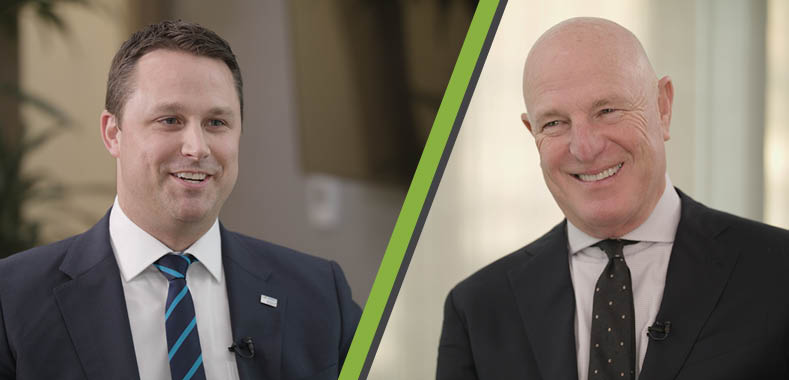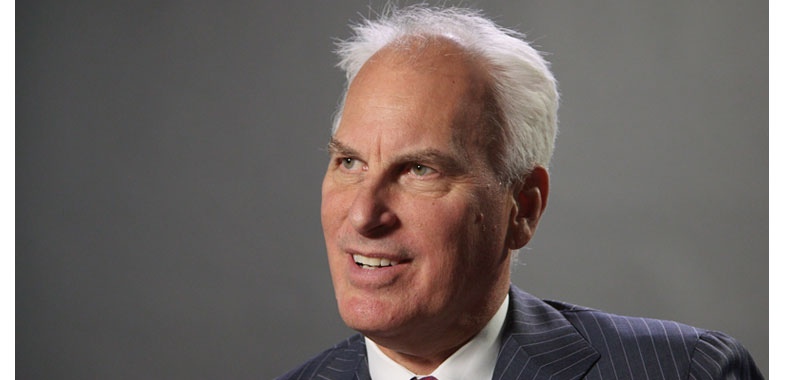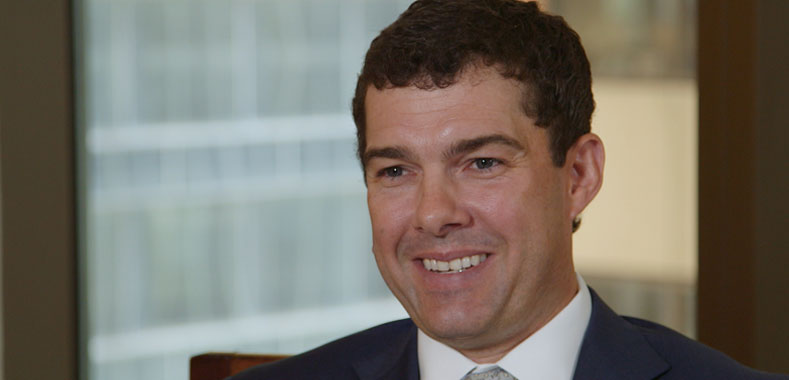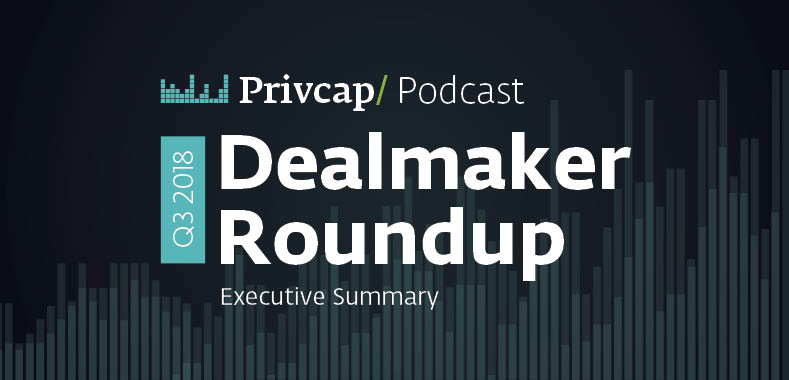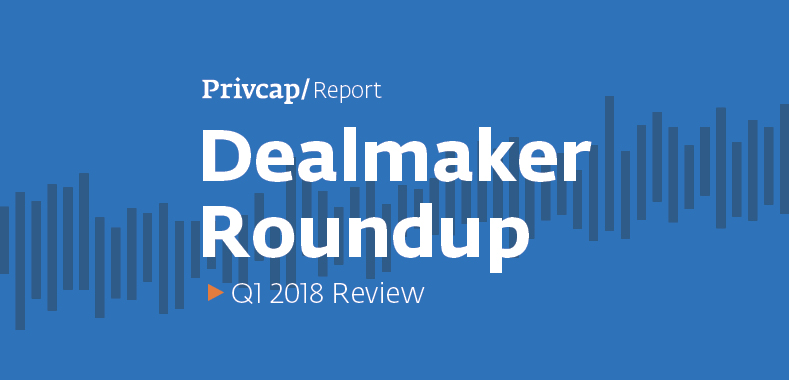SnowsNotes: Avoid Fundraising Clichés
In marketing your fund, focus on the one or two things you can prove you do well
If you’re going in for a rotator-cuff repair surgery (as I did recently), you’ll want a surgeon who has done the procedure over and over again, even to the exclusion of other, more interesting, surgeries. This is a recommendation that private equity GPs in the fundraising market should take note of.
At my pre-surgery consultation, I was heartened by the self-deprecating comments of my doctor, who said he really didn’t know much else in life beyond a few surgeries to the shoulder, knee and elbow. It delivered a simple, powerful message – you’re in good hands.
What I did not want to hear was something like, “I don’t get the chance to work with rotator cuffs very often, and so I’m excited to enjoy the professional growth that will come from working with yours.”

Privcap
The conversation got me thinking about the many years I’ve spent hearing GPs describe their selling points, first as a journalist covering the private equity market for 15 years, and now as a digital media consultant to private equity funds. Too often, GPs describe themselves using terms and concepts that they think are unique, but in fact are widely-used to the point of sounding trite. These GPs would benefit from zeroing in on just a few truly differentiating attributes, those that allow them to credibly claim they can accomplish what most other firms cannot.
To be fair, your average GP, especially one at the earlier stage of his or her career, has mostly focused on finding, winning and improving deals, not coming up with marketing language to sell the firm. These GPs also do not have the benefit of having listened to thousands of fundraising pitches, something that tenured LPs, gatekeepers or placement agents most surely have.
That said, here are a few of the more cringe-worthy self-descriptions that people in the investing world hear over again and again from private equity managers :
“We don’t seek to generate returns from financial engineering.” The implication here is that the superior way to make money is through operating improvements to the portfolio company, not by relying on balance sheet games or excessive leverage. That’s all good, but most GPs declared the death of financial engineering back in the late 1990s. The claim makes you sound out of touch.
“We focus on the [insert segment here] segment of the middle market.” This line usually is meant to assert that the GP has built a specialty in a specific stratum of the middle market – whether it be the lower middle market, the upper end of the lower middle market – that others have avoided. That is important information, but it’s not a key reason anyone will invest in your fund. If your space is attractive and wide open, why wouldn’t any other firms flood in? Indeed, the population of private equity funds has grown so significantly – and continues to grow – that no one believes that there are untouched pockets in the markets. And if your biggest advantage is being active in an under-prowled corner of the market, that’s not good enough.
“We have proprietary deal flow.” Ah, proprietary deal flow – the El Dorado of sourcing. If you truly only do deals that are not intermediated, one or more of the following must be true:
1) You have God-like charisma that persuades CEOs to partner with you—and only you.
2) The market in which you invest is populated with profoundly under-informed entrepreneurs who don’t realize it’s smart to hire an investment banker to help them sell their companies.
3) The market in which you invest has few other private equity funds looking for deals, forcing successful companies to run into your arms.
Look, many firms do, in fact, enjoy proprietary deals from time to time, but there’s usually a more complicated story behind these. LPs know this and want to understand whatever is unique to your sourcing strategy. Claiming a magical ability to avoid intermediaries does not give you an advantage, nor a firm grip on the truth.
“We take a true partnership approach to investing.” That’s great, but it’s table stakes. Literally no private equity firms in the world claim otherwise. There aren’t any GPs out there saying, “We take a seize-and-control approach to investing.” True, there are GPs that are more prescriptive in working with their portfolio companies, but they still describe themselves as true partners. Only intense due diligence will uncover what their management teams really think. If you want to tout such claims, let those management teams do it for you.
“We have a laser focus on just four industry verticals.” Hold on, that kind of sounds like you’re a generalist. How many industries do you target? Four? That’s not a laser focus. You might be good at all four but don’t claim that restricting yourself to a few verticals makes you special. There are plenty of private equity firms in the mega-arena and the middle-market that target more than one industry vertical.
“Our advisory board of former CEOs gives us an edge.” Many private equity firms have advisory boards, operating partners, value-creation teams. What matters is exactly how this talent is deployed to the benefit of the portfolio companies. An energetic former CEO who is given skin in the game and spends real time on sourcing and with portfolio companies might provide an edge. A retired guy who shows up for quarterly board meetings and collects a board fee…not so much.
“We are in the top quartile.” You probably are. An interesting study from track-record certification firm PERACS found that, given the freedom to play with vintage years, peer groups, benchmarks and IRR calculation methods, 77% of private equity funds could claim to be top quartile. Leading with that claim and then having an investor poke holes in your methodology is not a pleasant experience. Furthermore, while investors are looking for evidence of strong performance, “top quartile” is less and less a gating requirement in a market with increasingly sophisticated data analytics.
It is indeed a challenge to describe your strategy in a way that differentiates you from the roughly 4,000 private equity funds now in the market raising capital. Your firm is special, but you’ll need to work harder at identifying the story that makes you stand out among a pack of competing GPs. Leading with a bland claim to excellence will not differentiate you. Track record is, of course, the most important factor, but in order to convince an investor to commit time and resources to due diligence, you need a strong introduction.
In most cases, the best way to structure that story is to identify what exactly you and your team of value creators do that is exceptional, repeatable, verifiable and hard to copy. Because you “live” this coveted skill set, you may think that describing it sort of ruins the magic trick, or that leading with it is overly specific, obscure or boring. It doesn’t have to be. Everyone has a story to tell. Maybe you’re good at repositioning food brands for different audiences. Maybe your team are rock stars at installing better inventory systems in manufacturing companies. Maybe all you do is buy mineral rights in second-tier shale plays – that’s all you know! There are compelling ways to describe just about any obscure talent.
If you lead with the core of what makes you and your team of GPs truly unique, and tell this story in an engaging way, you will immediately stand out from the thousands of other funds that think they are blowing minds by claiming to “add value to the middle market.”
Put another way, if you’re a doctor, starting with, “I’ve performed 150 miles worth of lower endoscopies,” gets to the point a lot quicker than, “I seek to provide top quality healthcare outcomes.”






